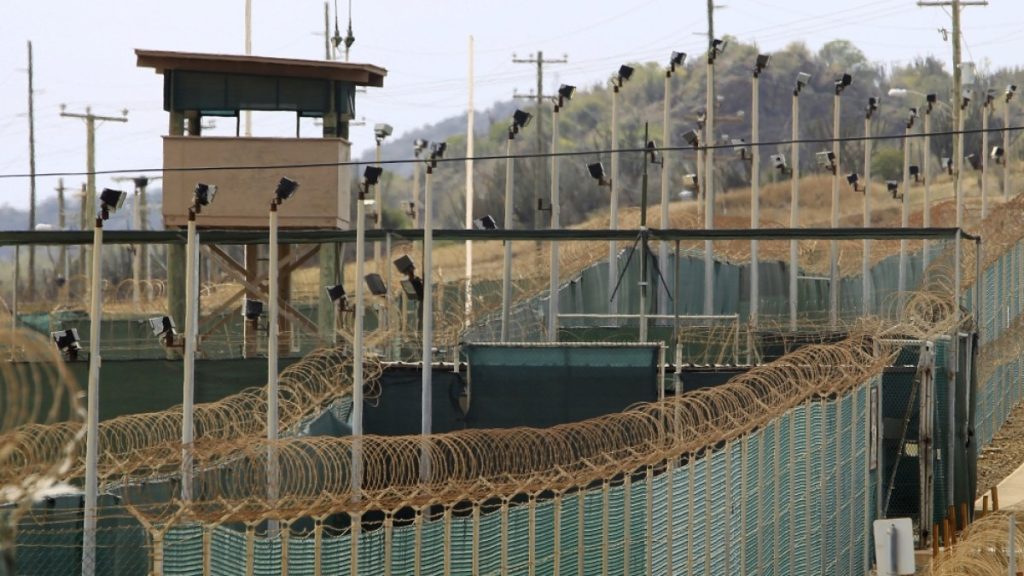The recent repatriation of two Malaysian detainees, Mohammed Farik bin Amin and Mohammed Nazir bin Lep, and a Kenyan detainee, Mohammed Abdul Malik Bajabu, from the Guantanamo Bay detention camp marks a small step towards addressing the enduring human rights concerns surrounding the facility. These releases, while welcomed by human rights organizations, underscore the ongoing struggle to dismantle a system that has held individuals without charge or trial for years, in some cases decades, tarnishing the reputation of the United States on the global stage. The Malaysian detainees, held for 18 years for their connection to the 2002 Bali bombings, will undergo rehabilitation and reintegration programs upon their return. Bajabu, held for 17 years without charge, was finally returned to Kenya after prolonged detention based on alleged ties to al-Qaeda’s East African branch.
The release of these three men brings the total number of remaining detainees at Guantanamo Bay down to 27, a stark contrast to the nearly 800 individuals held at the peak of the facility’s operation. Established in the aftermath of the September 11th attacks, Guantanamo became a symbol of the Bush administration’s “war on terror,” a period marked by controversial counterterrorism tactics. These tactics included extraordinary rendition, the practice of transferring detainees to countries with questionable human rights records for interrogation, and the establishment of “black sites,” clandestine CIA facilities where detainees were subjected to “enhanced interrogation techniques” widely condemned as torture.
Despite the significant reduction in the detainee population, the continued existence of Guantanamo Bay remains a contentious issue. Human rights organizations like Amnesty International argue that the facility represents a blatant violation of fundamental human rights principles, including the right to due process and a fair trial. The prolonged detention of individuals without charge, often based on flimsy or unreliable evidence, has drawn widespread criticism and calls for closure. Moreover, the legacy of torture and ill-treatment within the facility’s walls continues to haunt the U.S. government’s human rights record.
The case of the 15 remaining detainees who have been cleared for release yet remain imprisoned highlights the bureaucratic and political hurdles hindering the complete closure of Guantanamo. These individuals, some cleared for over a decade, remain in legal limbo, their lives suspended indefinitely. Their continued detention raises questions about the Biden administration’s commitment to upholding human rights principles and its ability to navigate the complex political landscape surrounding Guantanamo’s closure. Amnesty International and other human rights advocates urge President Biden to prioritize the transfer of these cleared detainees before the end of his term, emphasizing his personal responsibility for ending the practice of indefinite detention without charge.
The story of Guantanamo Bay reflects a broader struggle with the balance between national security concerns and the protection of individual liberties. The facility’s establishment in the wake of 9/11 was driven by a climate of fear and a desire to prevent future attacks. However, the methods employed, including indefinite detention and the use of torture, have raised serious ethical and legal questions. The long-term consequences of these policies, including the erosion of trust in the U.S. government and the creation of a breeding ground for radicalization, continue to reverberate.
The recent releases, while a positive development, represent merely a small step towards resolving the complex legacy of Guantanamo Bay. The continued detention of individuals cleared for release underscores the need for a renewed commitment to upholding fundamental human rights principles and finding a just resolution for all those held without charge. The complete closure of Guantanamo would send a powerful message about the U.S. government’s commitment to the rule of law and its willingness to rectify past injustices. The international community continues to watch closely, urging the U.S. to finally close this controversial chapter in its history.

